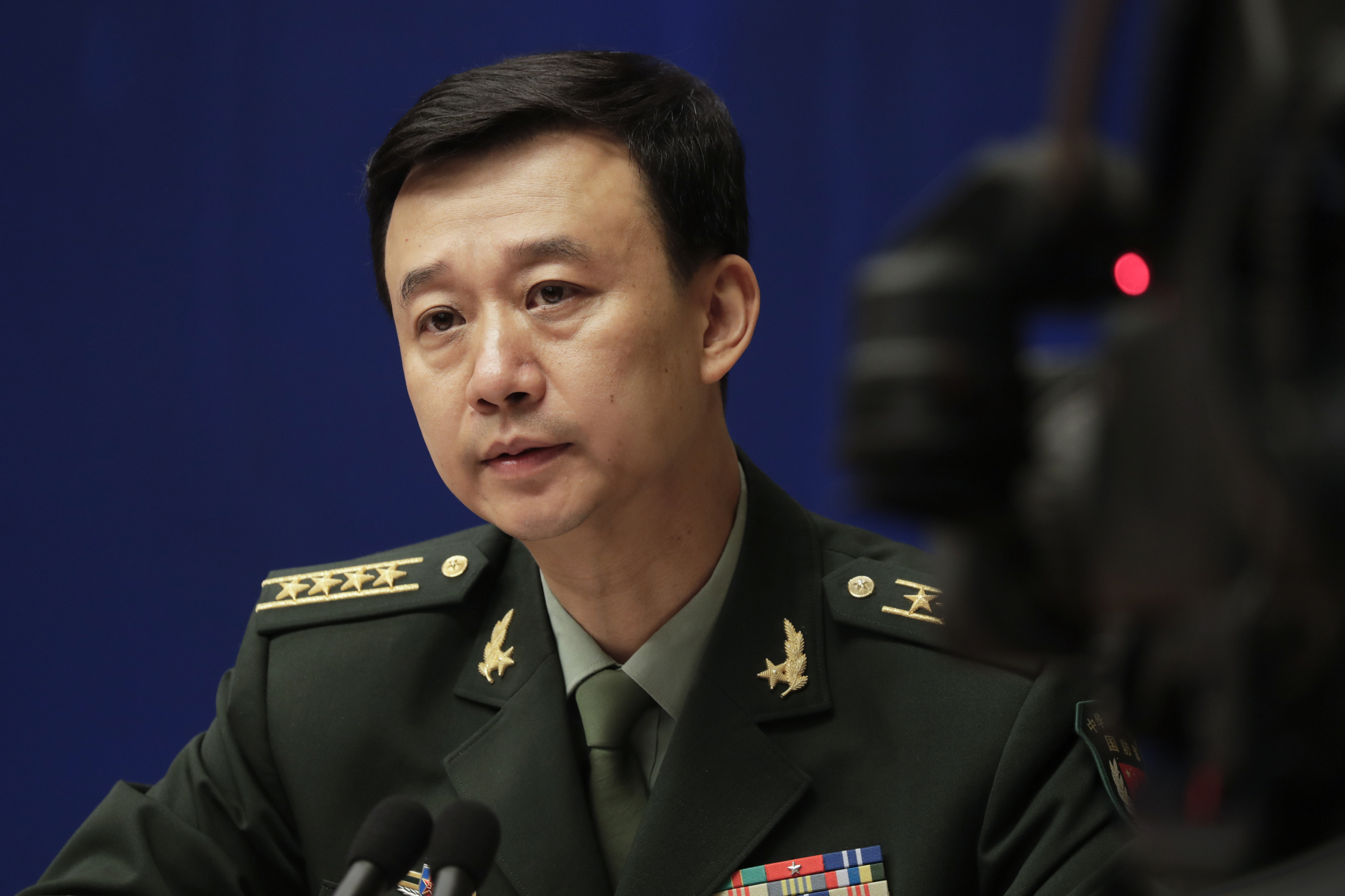At a time of rising Sino-Indian tensions over a weeks-long troop standoff at the trijunction where the borders of Tibet, Bhutan and the Indian state of Sikkim meet, China's warmongering has become so raucous and coarse that, to the casual observer, a Himalayan military conflict may seem imminent. In reality, Beijing is waging — in Chinese strategic tradition — full-throttle psychological warfare to compel India to back down without a shot being fired.
The current crisis, more significantly, has underscored the centrality of propaganda in China's foreign policy — from the aggressor playing the victim to unremitting efforts to camouflage the intrusion into tiny Bhutan that precipitated the standoff. China's vitriolic war rhetoric and unrealistic preconditions for holding talks stand out in stark contrast to India's measured tone and readiness to peacefully resolve the crisis.
The crisis, in fact, has highlighted how China blends psychological warfare ("psywar"), media warfare and the manipulation of legal arguments ("lawfare") to undermine the opponent's information-control capabilities and to buttress its strategic game plan. Disinformation and deceit are among the tools China is employing in its psywar to tame India without military combat, in Sun Tzu style.


















With your current subscription plan you can comment on stories. However, before writing your first comment, please create a display name in the Profile section of your subscriber account page.